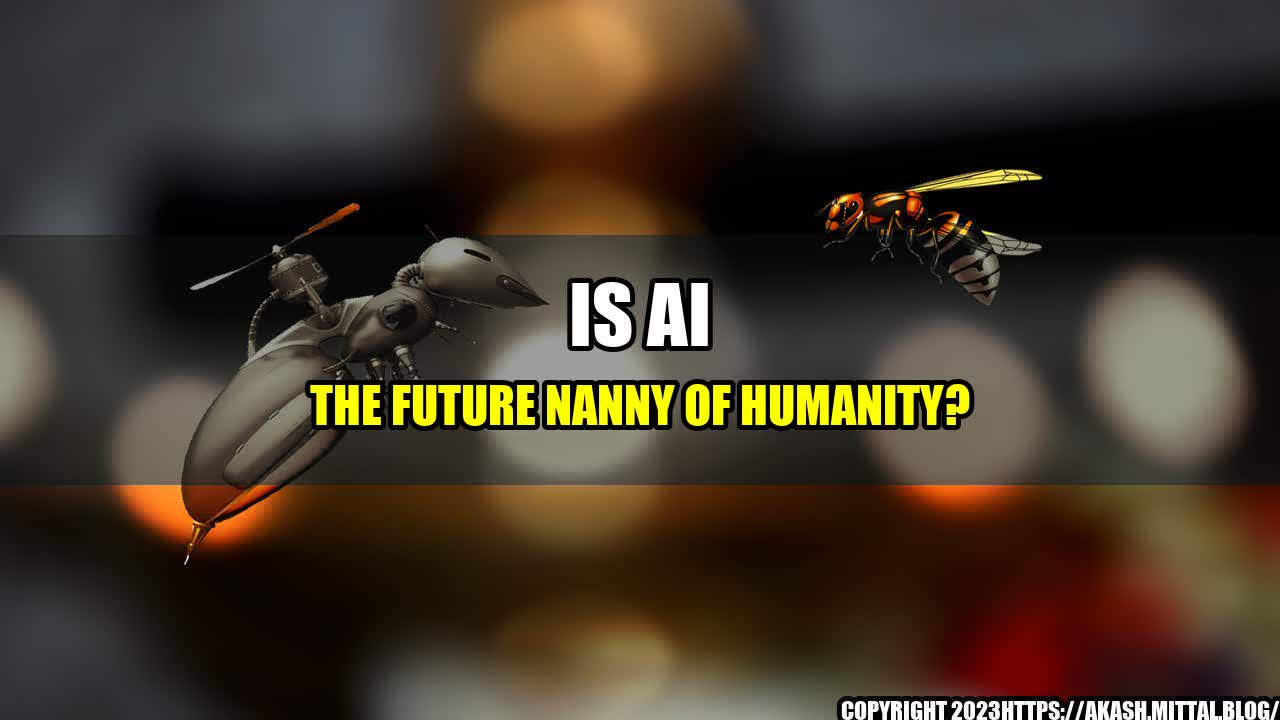Imagine a world where you don't have to worry about your child's safety, education, and well-being. What if there was an uber nanny that could take care of all these things for you? Sounds too good to be true, right? Well, Elon Musk thinks that AI could become humanity's uber nanny.
During a dinner conversation in 2015, Musk said: "I think we will see AI advance to the point where you will get into a car and the car will take you to your destination without an accident... Kids need a lot of attention, and I'm not sure most people really want to give them that attention. So imagine a robot nanny, if you will, that can take care of the kids when needed."
Of course, Musk's idea of an AI nanny is still in the realm of science fiction. But with the rapid development of AI technology, it's not hard to imagine a future where AI could take on a much larger role in raising and educating children.
So, how could AI become humanity's uber nanny? Here are some quantifiable examples:
Safety
Self-driving cars are already on the road, and they have the potential to greatly reduce the number of deaths and injuries caused by human error. AI-powered safety features are also becoming more common in consumer products, such as smart homes and wearables. These technologies could be applied to child safety as well, such as monitoring children's movements and alerting parents or authorities if they are in danger.
Education
AI-powered educational tools are already being used in classrooms, and they have the potential to personalize learning based on each student's needs and abilities. Adaptive learning, virtual tutoring, and gamification are just a few examples of how AI could enhance education. In the future, AI could even take on the role of a teacher, providing personalized instruction and feedback to each student.
Health
AI-powered healthcare is already being used to diagnose and treat diseases more effectively. Wearable health trackers and virtual health assistants are also becoming more common. In the future, AI could monitor children's health and alert parents or doctors if there are any issues. AI could also provide personalized health advice based on each child's medical history and current conditions.
While the idea of an AI nanny may seem appealing, there are also potential downsides to consider. For example, relying too much on technology could cause children to become detached from human interaction, which is essential for healthy development. Additionally, AI could become biased or malfunction, leading to unintended consequences.
Here are three points to consider:
- AI has the potential to greatly enhance human life, but it should be used responsibly and with caution.
- Parents should still play an active role in raising and educating children, rather than relying solely on technology.
- AI should be developed with a focus on empathy and human values, in order to create a better future for all.
In conclusion, AI could become humanity's uber nanny, but it will require careful development and implementation. Personal anecdotes and case studies will be important in illustrating the potential benefits and drawbacks of AI in child care. Parents and educators must also keep a close eye on the development of AI technology, and be willing to adapt their strategies to ensure that children receive the best possible care.

Curated by Team Akash.Mittal.Blog
Share on Twitter Share on LinkedIn